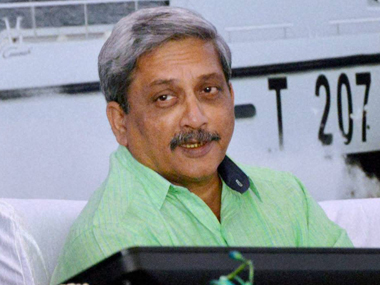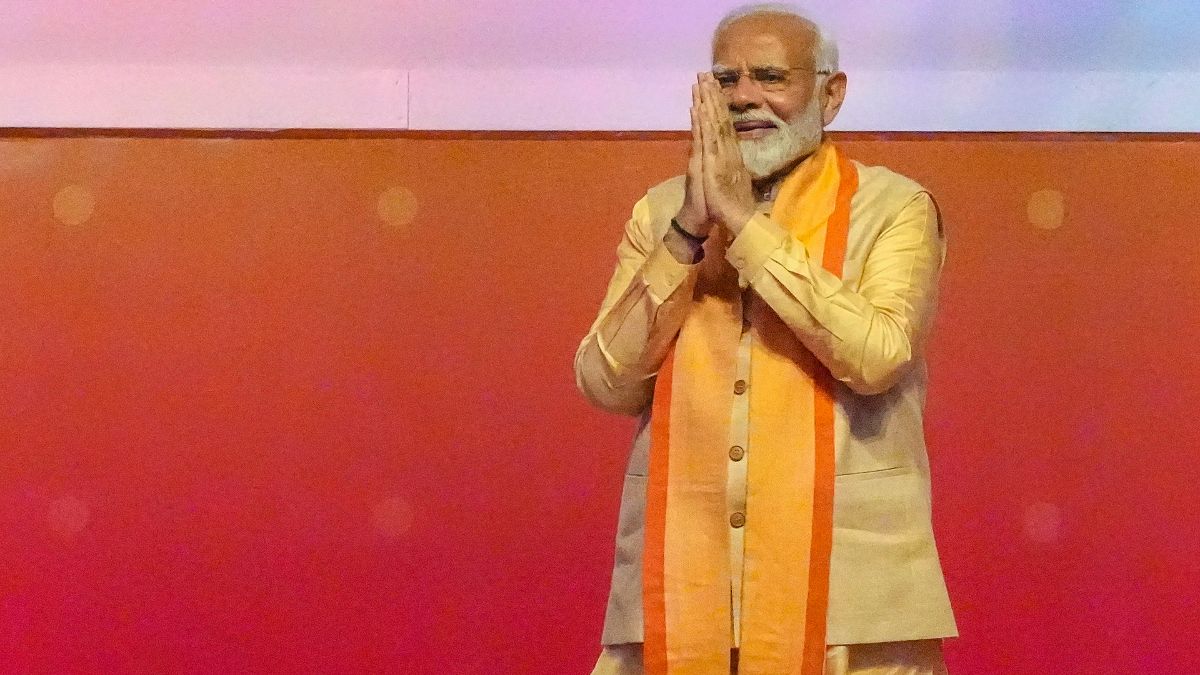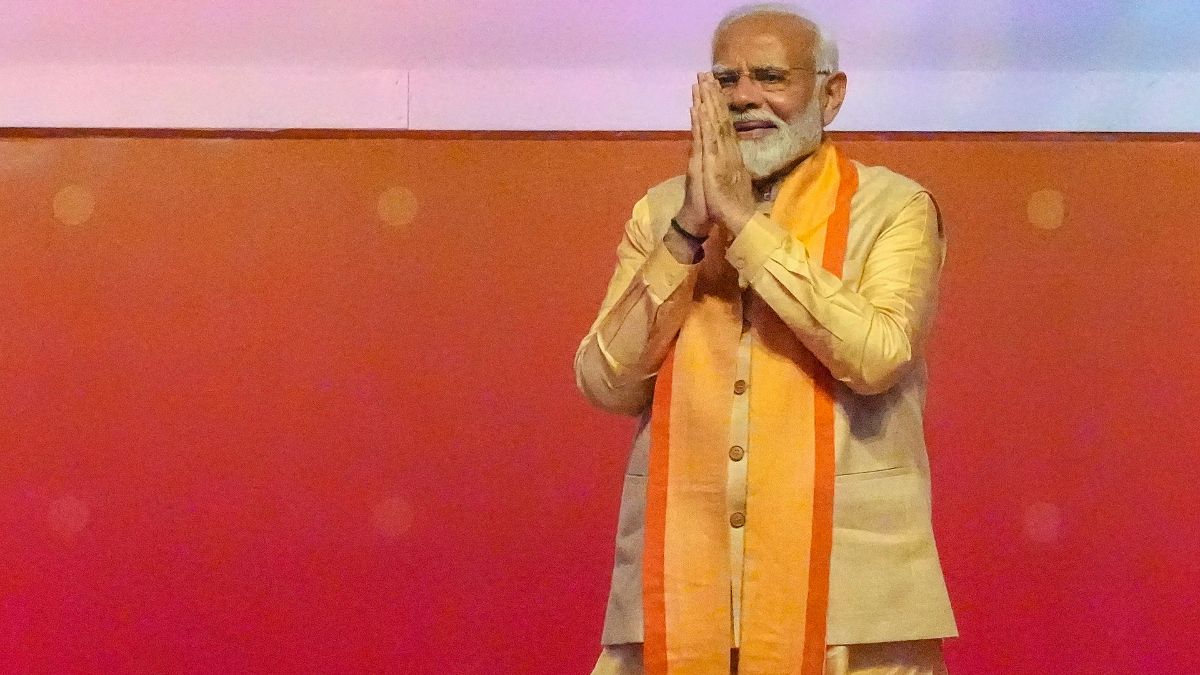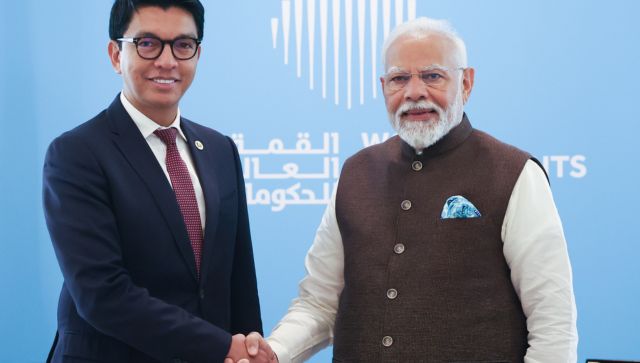Manohar Parrikar often finds himself in the news for the wrong reasons. A seemingly harmless book launch presented the latest opportunity for the Indian defence minister to enjoy some limelight yet again. However, at least this time, the brouhaha was entirely manufactured with little reason in sight.
In what appears to be a response to a question at the launch of The New Arthashastra: A Security Strategy for India, Parrikar expressed the view that the logic of a well-defined and written security doctrine eluded him.
#WATCH: Defence Minister Manohar Parrikar answers a question on nuclear strategy pic.twitter.com/1f0lTJaJw9
— ANI (@ANI) November 10, 2016
Why would one, he pondered out loud, not only restrict oneself to a set of responses but also open up the playbook to one’s enemy? Parrikar gave the example of nuclear policy – why would India tie itself down to a nuclear no-first-use (NFU) position? In his view, India’s leaders should merely state that India is a responsible nuclear weapons state and any potential use would be after careful deliberation.
The defence minister was vehement in declaring these views to be his private thoughts and that the country’s nuclear policy had not changed. In fact, he went as far as predicting, half jokingly, that it would be splayed all across newspapers the next day that a change in doctrine had been made. He was not wrong – within minutes of his comments hitting Twitter, policy wonks were condemning his casual attitude towards nuclear deterrence and even the thought of straying from a nuclear NFU.
Parrikar’s most egregious sin appears to have simply been that his views were not popular among those who would don the hat of experts; nothing the defence minister said was actually either surprising or extraordinary. Given the situation, the criticism levelled against Parrikar comes off as petty and motivated.
First, the accusation that the minister should not have aired his personal opinion on so sensitive a subject – it should be noted that even as he answered the question asked of him, Parrikar categorically stated that there was no doctrinal shift and he was only expressing his views as an individual. It was not a later clarification by his office to put the minister in the clear.
More to the point, is it surprising that not just the defence minister but even several other senior officials in the present regime may have private views that differ from the stated government policy? After all, this administration saw it fit to include the country’s nuclear doctrine in its election manifesto – surely there would be a few who question the wisdom of the present strategy? And if so, what delicate balance has been upset if these doubts are expressed right alongside a disclaimer that no strategic shift has been envisaged in the short term?
Second, Parrikar has been skewered for doubting the value of a nuclear NFU and his preference for ambiguity has been derided as confusion. The nuclear NFU has become almost an article of faith among Western think tankers, though the United States has refused to adopt such a posture itself despite an overwhelming conventional superiority over most of its rivals. British and French nuclear postures are also more ambiguous on the matter than Chinese or Indian nuclear doctrines.
It is commonly acknowledged that India needs to revise its doctrine that has lain virtually unchanged since its formulation soon after the Pokhran II nuclear tests. The opposition, however, is to abandoning the NFU. Indian planners cannot take such objections seriously for the only posture that will satisfy some corners is unilateral and unconditional nuclear disarmament. Instead, Delhi must look to the peculiarities of its threat matrix and decide upon a strategy that suits the subcontinent best.
For example, Parrikar has a valid point when he says that an unequivocal NFU restricts his options in case of war; it would be like showing the enemy your playbook. Instead, a defensive-use-only posture might offer the desired flexibility and ambiguity while retaining some degree of responsibility. Some of these decisions will need to take into account other factors, such as the extent of Indian conventional superiority over its likely foes, its ability to manufacture reliable and accurate tactical nuclear weapons, and a clear understanding of its objectives in various scenarios.
Admittedly, these are conversations to be had in private but there is little stability to lose before a country that has on umpteen occasions nonchalantly expressed its willingness to use nuclear weapons as a first resort. The sort of stability international scholars advocate is laudable but can only be achieved with mature states. A nuclear NFU and a clearly articulated military doctrine are indeed excellent confidence building measures but they must be deserved, not exploited.
The real tragedy of this little non-incident is that it is a reminder of India’s inability to think and act strategically towards long-term objectives, the aversion of the state’s holy cows to expert scrutiny, and a bureaucratic opacity that would make Brussels proud. Though the Indian defence minister raised some pertinent questions on India’s nuclear doctrine, it is unlikely that much comes of it.


)




)
)
)
)
)
)
)
)